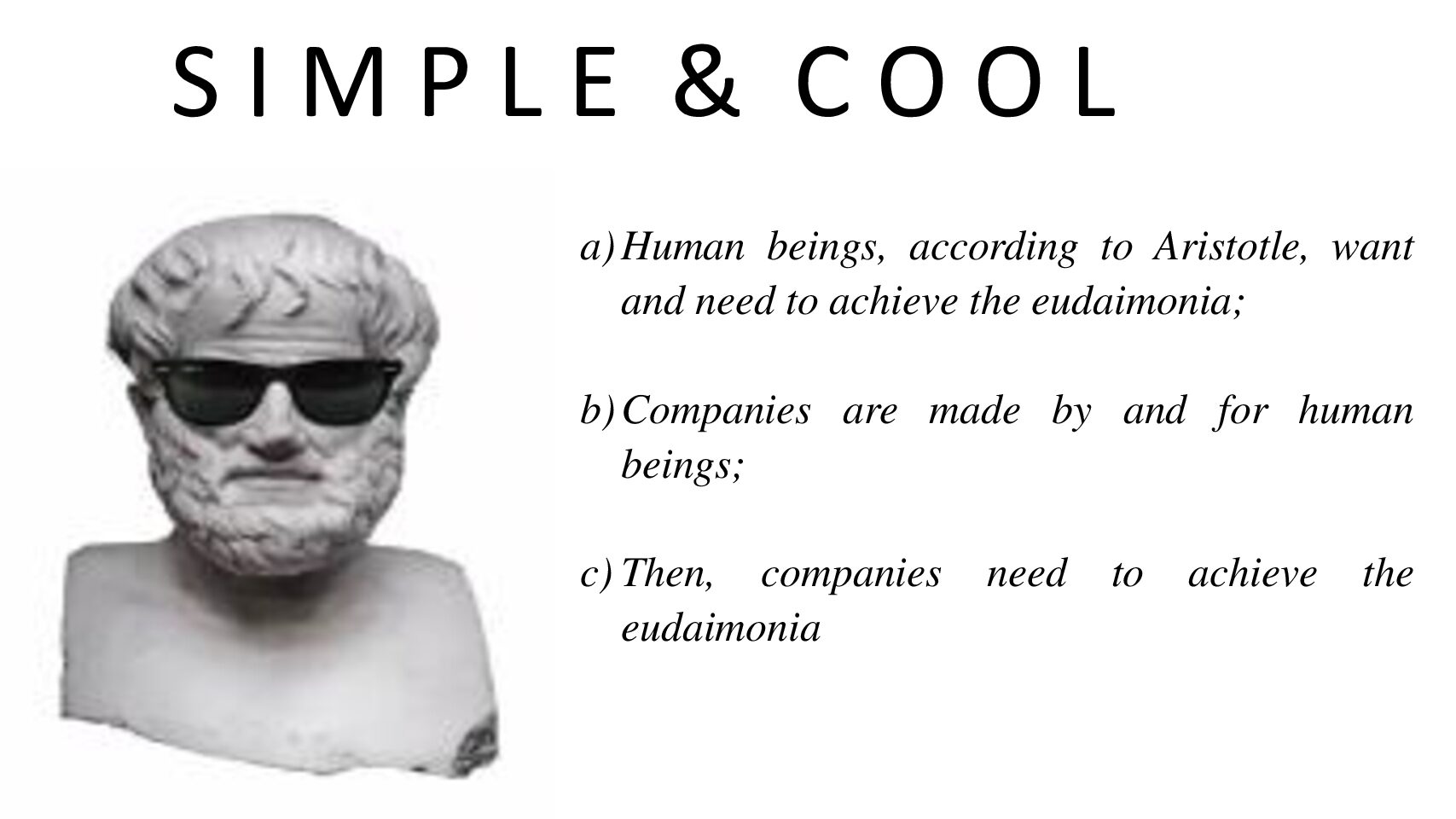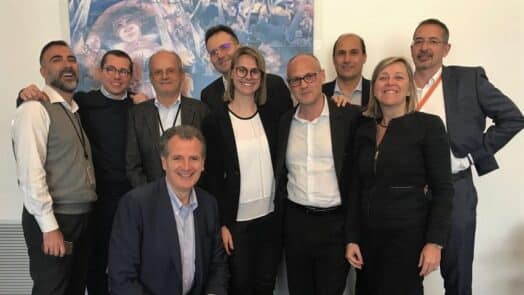Valentina Minutiello: In Search of “Sustainability”: New Paradigm or Cultural Heritage?

It is a privilege to host Valentina Minutiello Research Fellow at LIUC Università Cattaneo and expert in Accounting and Sustainability:
There is no doubt that sustainability is one of the “hot topics” of our millennium. Social, media, and schools (just to name a few examples) focus part or all of their communication and transmission of knowledge on the need to live and think sustainably. It is also a shared opinion that it refers to two different areas of action (environmental and social).
What is less known is that the birth of the word “sustainability” has very ancient roots, in the Latin verb “sustinere“, which contains two souls: on the one hand, it means to support, defend and protect; on the other, show resistance. Therefore, it implies at the same time the need to preserve the limited resources present on our planet and the defense of the rights and living conditions of human beings, introducing a vision of sustainable development aimed at guaranteeing the well-being of current generations without precluding that of future generations.
For this to happen, it is obvious that this philosophy must necessarily marry with the other sciences and, among all, with economics in particular. The world of economics in all its facets, in fact, represents a clear example of how a science born as “social” and, therefore, aimed at satisfying the needs of humans, produces distortions that compromise its primary purpose. Think, for example, of the practices of excessive exploitation of the territory or the failure to comply with adequate safety measures at work.
On the other hand, as in the case of the definition of sustainability, the partnership between economics and philosophy is not an intuition born of our times, but has much more ancient origins and, precisely, in a thinker named Aristotle. As suggested by him, this relationship must be preserved over time. In particular, he argued that one of the goals of society as a whole is to guarantee what constitutes good or happiness for human beings (called “eudamonia[1]” in Ancient Greek): this concept includes not only economic well-being, but also respect for ethical values.
At this point, by applying a simple Aristotelian syllogism[2], it will be immediately evident that:
- Human beings, according to Aristotle, want and need to achieve the eudaimonia;
- Companies are made by and for human beings;
- Then, companies need to achieve the eudaimonia
Consequently, companies must not be oriented solely to financial profit, but they also need to respect ethical values and engage in environmental and social activities (such as, for example, the redistribution of wealth in the community, the respect for employees, fair exploitation of resources, etc.).
Today, this assumption is confirmed in the numerous international initiatives aimed at promoting a sustainable transformation of companies and the growing attention of the academic and research world. However, despite the numerous advances, there is no doubt that there is still a long way to go.
If we consider the evolution of the modern use of the word sustainability, it is possible to note how originally the focus was on environmental issues: respect for the environment, the correct use of the resources at our disposal, the need to avoid waste, and so on. More recently, however, attention to the social sphere has grown. I like to think that in this sense sustainability means above all guaranteeing the same life opportunities for all humans, without distinction of gender, ethnicity, religion, or sexual orientation.
But are we sure that these concepts are foreign to the cultural tradition of our country and are the result of the needs of modern times?
As a university researcher on sustainability issues in the economic world, I often find myself trying to identify the possible factors that can stimulate this revolution and the results presented by authoritative scholars in the sector or my studies can often turn out to be surprising.
It seemed so clear to me that sustainability is not a new concept in the Italian business landscape, but there have been illustrious examples of “enlightened” entrepreneurs in the past who, ahead of their time, introduced these issues. An example above all, probably my favorite: Adriano Olivetti. Complex personality (at the same time entrepreneur, politician, and intellectual) and promoter of a socio-sustainable industrial reality. Among the numerous innovations introduced, we recall the buses for workers, the company canteen, the infirmary, the library, the cinema, and the concessions for female workers, such as the nine months of leave paid almost entirely (against the two by law), and the possibility of having a nursery in the company. All measures that today may seem obvious, but which in the 1930s represented a real innovation in the way of conceiving work in the factory. Furthermore, his commitment was not limited to the internal perimeter of the factory, but also extended to the whole community as a whole, through architectural, artistic, and cultural initiatives.
Doesn’t this approach find a perfect coincidence in the modern conception of the role of companies to create and redistribute value to the entire society in which they operate?
Adriano himself wondered: “Can industry give itself goals? Are these ends found simply in the index of profits? Or is there not something more fascinating beyond the apparent rhythm, an ideal plot, a destination, a vocation even in the life of a factory?” [3].
All this means that the search for sustainability should not be conceived as a modern approach to “doing business“, but rather as a need that replaces the economic world in its correct place, i.e. at the service of human beings, as a tool to improve their existence and ensure the achievement of the aforementioned Aristotelian happiness. Therefore, there is nothing new to discover and the answer to our questions lies once again in history and in the past examples that have preceded us.
[1] εὐδαιμονία (“happiness”). Word made up of “good” (εὖ) and “fate/spirit guide” (δαίμων). In a broad sense, it means “to be in the company of a good spirit“, but Aristotle identifies happiness for men with the attainment of virtue, or the adoption of virtuous, rational, and moderate behavior.
[2] A syllogism, according to the Aristotelian definition, is reasoning consisting of two premises (one major and one minor) and a consequence or conclusion, which derives from the two premises.
[3] Speech for the inauguration of the Pozzuoli factory, 23 April 1955.




